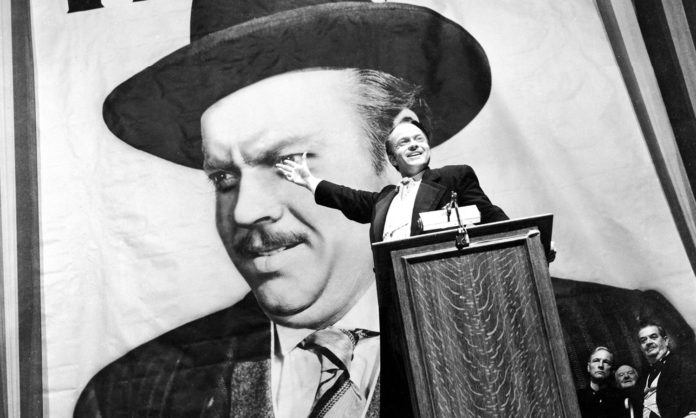In a post on the Script Lab blog, Britton Perelman explains the concepts of fabula and syuzhet, which she says are the two most important writing elements you’ve never heard of. “One of the biggest challenges in writing a screenplay — in writing anything, really — is deciding how to tell the story,” Perelman writes. “I’m talking about the order of events. How the story is going to unravel on the screen, or, in the case of your script, on the page. Because the matter of how to tell a story is not always simple.”
Here’s where fabula and syuzhet come in. “Fabula and syuzhet are terms about narrative construction that originated as part of the Russian formalist movement in the early 20th century,” Perelman explains. “Fabula is the story’s events, ordered in the way they occurred. Syuzhet is the way the author organizes the story for the narrative.”
When a story unfolds chronologically, without flashbacks or time jumps, the fabula and syuzhet are in sync. While you might fast forward here and there, the story is told in real-time order. When you play with form, fabula and syuzhet are asynchronous. The fabula is always chronological, but you can manipulate the syuzhet to tell your story out of order.
“This might mean starting the story at its end,” Perelman explains. “It might mean using flashbacks or flashforwards throughout an otherwise chronological narrative. Or it could mean alternating between multiple timelines.” In Casablanca, the story unfolds chronologically, until an important flashback sequence takes us back to the Paris. In Citizen Kane, the story starts at the end, with Kane on his deathbed. The events of Kane’s life are related to the audience in the order the reporter learns about them.
Trying out these concepts shouldn’t be complicated. “Some stories are simply more powerful when told chronologically, while others are more meaningful — the events more impactful for the audience — if told out of order,” Perelman says.
She recommends identifying your fabula first, then consider the syuzhets. “What are the events of your story in the way that they actually happened?” she asks. “What organization of events will have the most impact on the audience? Does chronological structure make the most sense for the story you’re telling? Or could you create a deeper meaning by altering how the events of the story are presented?”









